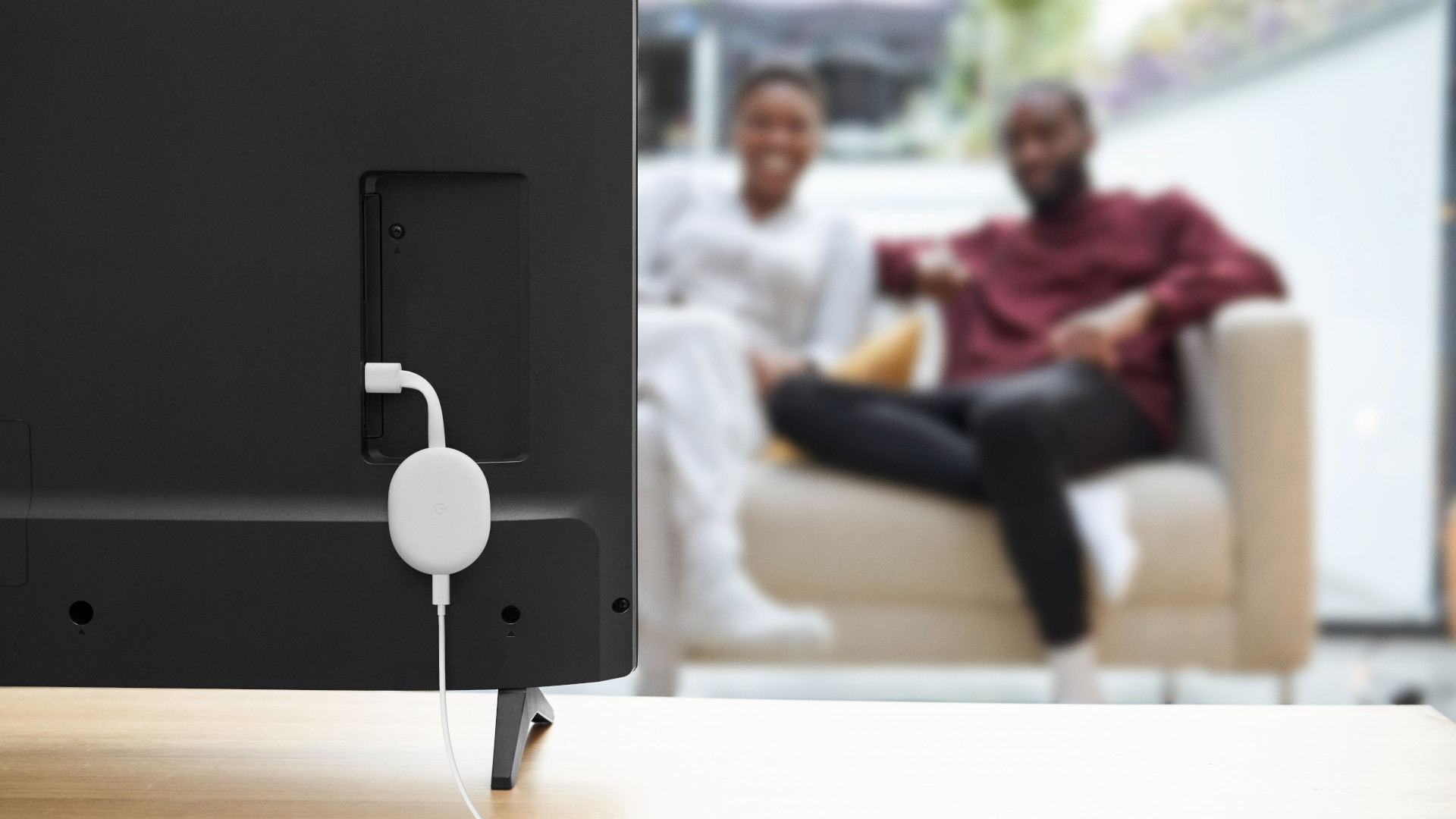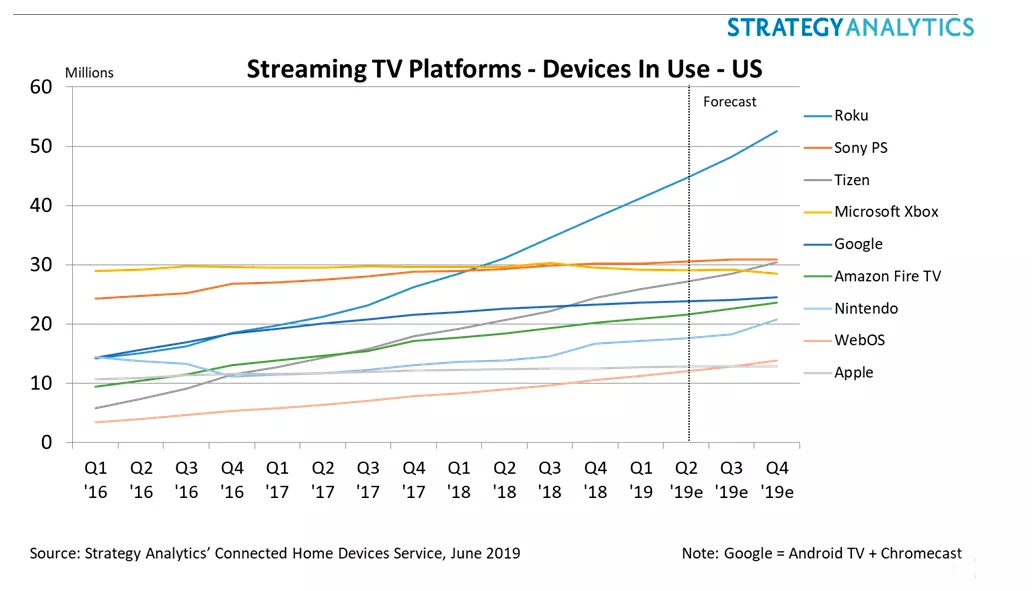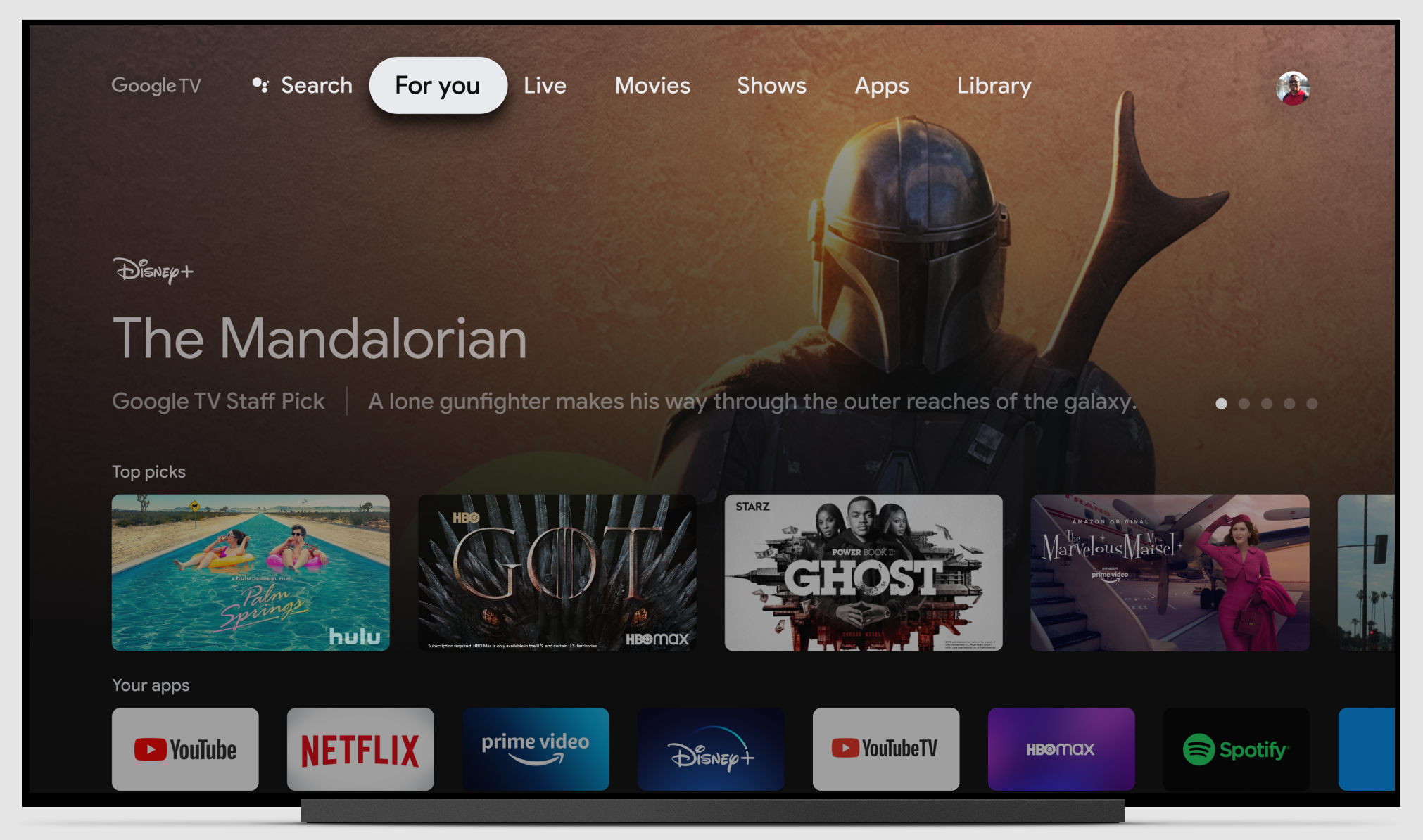The new Chromecast with Google TV is finally a usable device for everyone

Sign up for breaking news, reviews, opinion, top tech deals, and more.
You are now subscribed
Your newsletter sign-up was successful
Full disclosure: I’ve spent the last few days testing the new Chromecast with Google TV for our hands-on review - and I really, really like it.
It’s going to sound so inane, but the simple addition of a remote and a user interface just make it, well, better than any of Google’s other streaming devices up to this point.
- Also announced today: meet the Google Pixel 5 and Nest Audio
It’s the kind of device that I could give to my parents or my less technically savvy friends and have them know how to work it - which is great - while still retaining the ability for me to come over and Cast content I want to watch.
Chromecast with Google TV works for both types of users, and I think that’s the smartest move Google could’ve made with its latest streamer.
Why the remote matters more than you think
When the first Chromecast came out, I considered it the pinnacle of streaming technology at the time. Casting from my phone and tablet felt futuristic, and Google had done a great job of figuring out how to get two devices to communicate with each other.
And yet, as much as I loved the first Chromecast, my friends and roommates at the time hated it.
"As much as I loved the Chromecast, my friends and roommates at the time hated it."
I told them, repeatedly, that all they’d have to do to watch something on Netflix was to pull up the app on their phone, look for the Cast icon at the top and, boom, the show would pop up on the TV. It’s direct, instantaneous entertainment.
Sign up for breaking news, reviews, opinion, top tech deals, and more.
But by the time they pulled up the app on their phone (or, worse, got it installed and logged in) and I explained what a Cast symbol looked like to them, all of them would inevitably ask the same question: can’t we just stream this on your Roku instead?
I have a good suspicion that the remote had something to do with it and that suspicion is backed up by sales numbers: according to Strategy Analytics, Roku outsold Google nearly two-to-one in 2019.

With comparable prices between them, the only big distinguishing factors were that one had a remote and an interface, and the other did not.
Android TV by any other name
So why do people love interfaces so much? Streaming from a phone or tablet is great when you know what you want to watch, but if you just want to peruse all the content that’s out there, an easily accessible user interface is the way to do it.
That’s where Google TV comes in.

"Rather than being a device that just sits there waiting for something to stream, the new Chromecast is something you actively engage with when you're searching for something to watch."
Admittedly Google TV is just a re-skinned version of Android TV, the smart TV platform Google has been building for years, but it has a few neat organizational features that help set it apart: among them a personalized recommendation tab, a watchlist and a Live TV menu for folks who subscribe to YouTube TV.
Rather than being a device that just sits there waiting for something to stream, the new Chromecast is something you actively engage with when you're searching for something to watch. Its interface, while not revolutionary, is simple and serviceable.
In layman's terms, it's just plain easier.
Remote + interface + tons of streaming services = $$$
Lots of Roku's domination over the streaming market comes from its low price, dead-simple interface, included remote, searchability and its willingness to give people free content with the Roku Channel.
In so many ways, it feels like Google has finally stepped back from its own ambitions to finally look at what others are doing in the field. It's come to the realization that Casting, while a great usability feature, probably isn't the primary way people want to interact with a streaming media device and it wouldn't surprise me in the least if Google announced a free TV streaming service of its own sooner rather than later.
5 features I want from the new Chromecast 2020📺 Remote control📺 Remote control📺 Remote control📺 Remote control📺 Remote controlSeptember 30, 2020
Until then, though, I guess what I appreciate the most about the new Chromecast is that it doesn't throw the baby out with the bath water. Casting is still part of the system, but that system now accommodates more people thanks to the remote and UI.
Long story short, it's still that same cutting-edge device that I fell in love with a few years ago - but now it's got a remote.

Nick Pino is Managing Editor, TV and AV for TechRadar's sister site, Tom's Guide. Previously, he was the Senior Editor of Home Entertainment at TechRadar, covering TVs, headphones, speakers, video games, VR and streaming devices. He's also written for GamesRadar+, Official Xbox Magazine, PC Gamer and other outlets over the last decade, and he has a degree in computer science he's not using if anyone wants it.